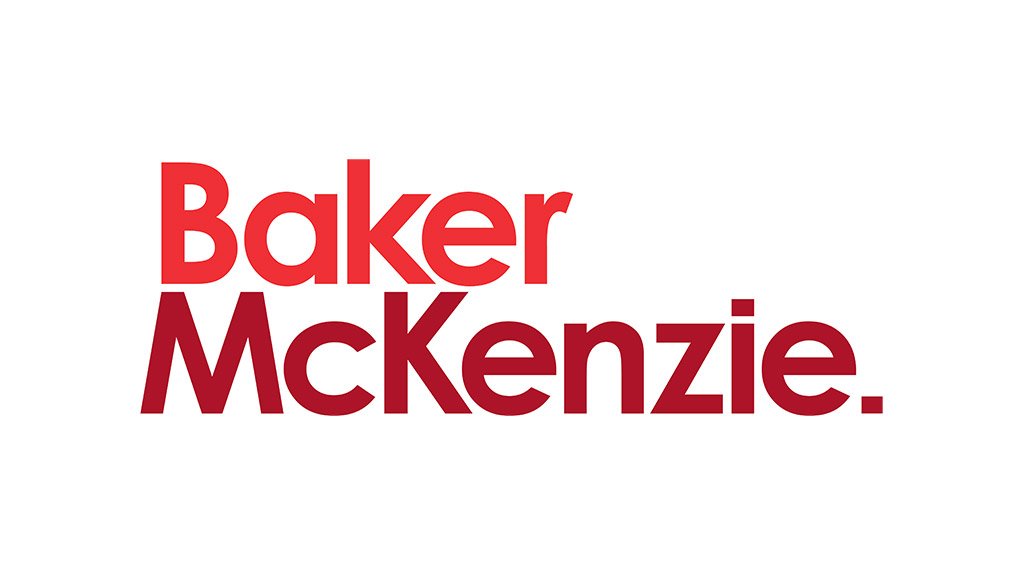In his Budget Speech on 20 February 2019, the South African Minister of Finance, Tito Mboweni, introduced some new tax policy proposals along with a number of additional tax amendments, which will be introduced this year.
The first of the tax policy proposals, and an item that has been on the government's agenda for a number of years, is combating Base Erosion and Profit Shifting (BEPS). It is important for South Africa to strike a balance between attracting capital and investment, and adequately protecting the corporate tax base. To this end, the government intends to expand the work already under way to combat BEPS and will be reviewing the rules in relation to excessive debt financing against best practice worldwide.
The government will review its oil and gas tax regimes as part of its second policy proposal of 2019. The taxation of the oil and gas industry is currently governed by the tenth schedule to the Income Tax Act, 1962, which makes provision for the Minister of Finance to approve a fiscal stability agreement to any qualifying company. The government has not approved any fiscal stability agreements in the past five years.
As the use of electronic cigarettes and tobacco heating products has increased in recent years, the government intends to start taxing electronic cigarettes and tobacco heating products. The National Treasury and the Department of Health will consult on the appropriate mechanisms, structure and timing of this tax as its third policy proposal.
There is currently a discrepancy in relation to the fuel sources on which the fuel levy is imposed, which the government proposes to rectify in its fourth policy proposal. The fuel levy is currently imposed on petrol, diesel and biodiesel. However, fossil fuels such as mineral ethanol, illuminating paraffin, aviation kerosene, liquefied petroleum gas, compressed natural gas, as well as biofuels such as bioethanol and biogas, are not subject to the fuel levy. To address this anomaly, government will review the scope and definition of fuel levy goods.
The urban development zone tax incentive was introduced in 2003 to encourage investment in certain areas in South Africa. Government will review the incentive, which will come to an end in 2020, to determine whether it should be extended, as part of its fifth policy proposal.
As part of its sixth policy proposal, the government will publish a draft Environmental Fiscal Reform Policy Paper in 2019, which will broaden the coverage by introducing new taxes that address air pollution, climate change, efficient water use, reducing waste and investigating a tax on “single-use” plastics such as straws, caps, beverage cups and lids, and containers to curb their use and encourage recycling.
South Africa has committed to tackling climate change and has pledged to reduce greenhouse gas emissions. In 2009, the government introduced a tax exemption for income generated from the sale of certified emission-reduction credits. After the introduction of the carbon tax on 1 June 2019, emission-reduction credits could be used to reduce carbon tax liabilities. To avoid a double-benefit scenario, where the same emission reduction leads to both an income tax exemption and reduced carbon tax liabilities, the tax exemption for certified emissions reductions will be repealed from 1 June 2019, in the seventh policy proposal.
Currently, vehicles produced locally are taxed at a higher rate than imported vehicles because of the way ad valorem excise duty is calculated. To remove this anomaly, in its eighth policy proposal, government will align the tax treatment of ad valorem excise duty on motor vehicles.
The 2012 Budget proposed a gambling tax in the form of a 1% levy to fund rehabilitation and awareness-raising programmes to mitigate the negative effects of excessive gambling. As its last policy proposal, the government intends to publish draft legislation in this regard for public comment during 2019.
Written by Arnaaz Camay, Senior Executive: Tax, Baker McKenzie Johannesburg
EMAIL THIS ARTICLE SAVE THIS ARTICLE ARTICLE ENQUIRY
To subscribe email subscriptions@creamermedia.co.za or click here
To advertise email advertising@creamermedia.co.za or click here











